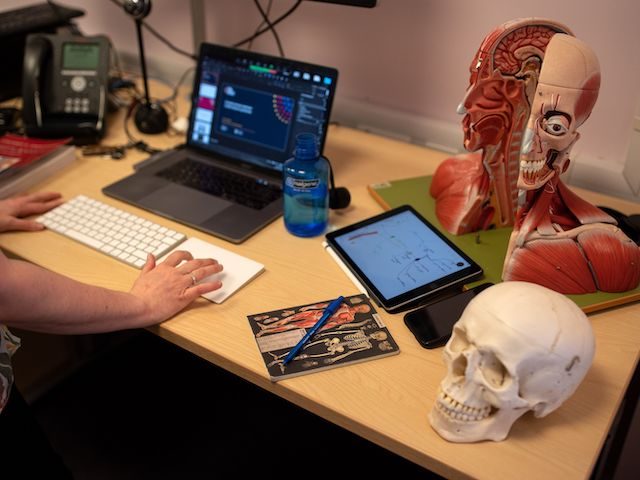An anonymous couple paid for one year of medical school tuition for all 60 members of the Texas Christian University and University of North Texas Health Sciences Center School of Medicine Class of 2024.
The school, which is in Fort Worth, Texas, said the anonymous couple gave the gift to students who began their medical training last July.
The donation will fully cover their second year.
TCU Chancellor Victor Boschini Jr. told KDFW the gift was “life-changing” because, on average, medical school students graduate with more than $250,000 in debt.
“Medical school is challenging enough. This gift will alleviate some of the burden of debt as our students focus on learning and leading in providing capable and compassionate patient care. I am so grateful for this extraordinary gift to these future physicians,” he said.
When the members of the Class of 2024 received the good news, they were incredibly grateful.
“The first year of medical school is hard and with the pandemic, this has been even harder,” said Lauren Moore, a TCU and UNTHSC School of Medicine student. “This gift means so much. I’m so grateful.”
This is the second class at TCU and UNTHSC School of Medicine that has received free tuition.
Donor Paul Dorman funded the first year for the school’s inaugural class of 60 students back in 2019.
The TCU and UNTHSC School of Medicine is not the only medical school that had received such a large donation to cover tuition.
In July 2018, the University of Houston announced its $3 million gift would fund the inaugural class of the College of Medicine’s tuition in full.
We've got it covered! With a recent $3 Million gift, the inaugural class of the UH College of Medicine will have their tuition paid in full. Thank you to all of our supporters for helping us address the need for primary care in our community. #UHHereWeGo pic.twitter.com/ywFieVN2H9
— University of Houston (@UHouston) July 18, 2018
New York University also announced in 2018 it would offer free tuition to all medical school students going forward regardless of their ability to pay.
The move was made to lessen recent graduates’ debt burden and address the shortage of physicians in lower-paying specialties, such as primary care and research.

COMMENTS
Please let us know if you're having issues with commenting.